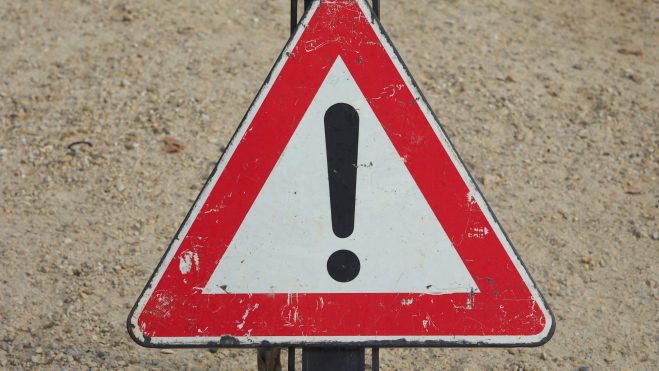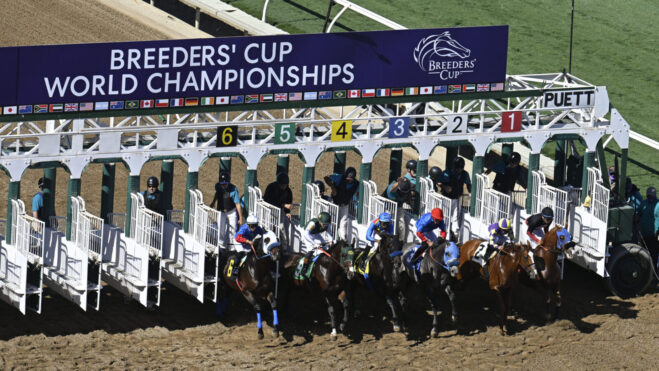Two Sweepstakes Gaming Advocacy Groups Merge, SPGA Is No More
SGLA left standing after consolidation amid failed (so far) fight to save sweeps in California
1 min

Folks in the gambling industry keeping an eye on the status of sweepstakes gaming in the U.S. are about to have one fewer four-letter acronym to keep straight.
As Gambling Insider was first to report Tuesday, the Social Gaming Leadership Alliance (SGLA) is absorbing the Social and Promotional Gaming Association (SPGA), meaning the latter no longer exists as a distinct organization advocating for social gaming with sweepstakes prizing.
A representative of the SPGA provided Casino Reports with the same statement published by Gambling Insider: “The SPGA is consolidating its efforts with the SGLA. The category is best served by a clear and consistent voice from one group. We’re proud of what our members have accomplished and look forward to the continued leadership of the SGLA.”
This decision to combine for a “clear and consistent voice” comes as efforts from both groups to prevent California from passing a sweeps-ban bill appear to have fallen well short. On Friday, AB 831 cleared the state legislature, and now the only thing preventing a ban on the form of gaming in California would be a veto by Gov. Gavin Newsom.
One becomes two … becomes one
The SPGA was the first of the two groups to emerge, issuing press releases and statements in support of sweepstakes gaming beginning in September 2024. It included 11 member operators at time of launch.
This May, the SGLA entered the fray, notably counting VGW — owner of Chumba Casino, Luckyland Slots, and Global Poker and the largest operator in the sweeps space — among its members.
Former Congressman Jeff Duncan of South Carolina is the executive director of the SGLA and typically attaches his name to statements on behalf of the trade group.
Both groups routinely spoke out against AB 831, and the SGLA specifically publicized an in-person protest of the bill in Sacramento on Sept. 8, but it nevertheless passed unanimously in both the state Senate and Assembly.
California is the most populous state in the U.S. and therefore the most impactful for sweepstakes operators to lose access to, but Newsom had not yet signed the legislation as of Tuesday and there will likely be countering legislative efforts made if it becomes law.
The fight goes on, meanwhile, in numerous other states.
Nevada, New Jersey, and New York have all passed bills to ban sweeps, though New York Gov. Kathy Hochul has yet to sign hers.
Connecticut, Louisiana, Maryland, and Montana also saw legislation introduced in 2025 to ban the games, and several states have issued cease-and-desists.
But in numerous other states, there has not been any formal effort made to limit access to sweepstakes-style gaming.
Supporters of sweepstakes casinos and sportsbooks believe it is legal under sweepstakes law because the “dual currency” model prevents players from directly paying for real-money on-site funds.






